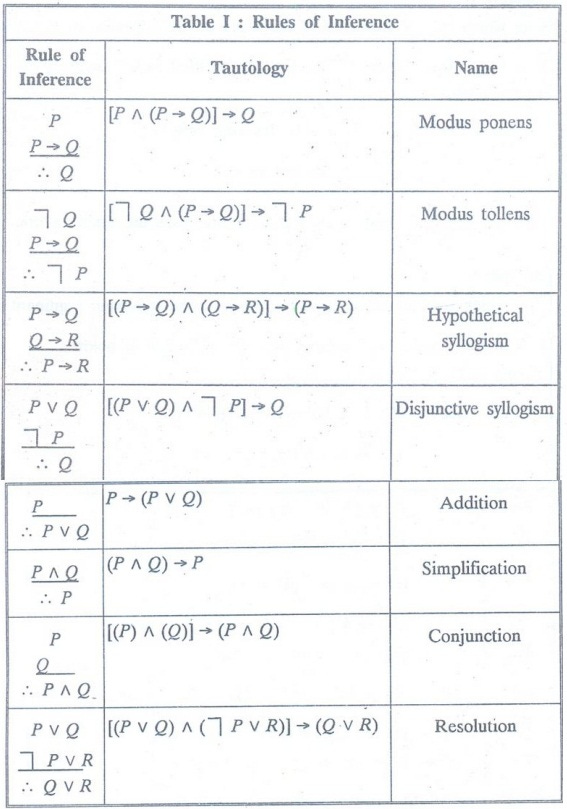Hume is not a problem for Atheists.
Christians and non-naturalists who appeal to Hume as a refutation of naturalism or atheism have misunderstood Hume's elementary concepts.
Recently, in a heated debate with DannyPhilTalk and Parker, Jay Dyer cited the is-ought gap as an argument against Atheism.
Now, Dyer was brief and didn’t elaborate on what he meant by this. I am unsure how the is-ought gap fits into what he was arguing and don’t want to make assumptions.
However, on other occasions, I have seen Hume’s is-ought gap raised as a unique problem for atheism or naturalism.
What’s more, I have also seen non-naturalists make the same move for Hume’s problem of induction.
I am going to address both of these now and show that people who do this have gotten Hume ass-backwards.
The is-ought gap
The is-ought gap has nothing to do with atheistic or naturalist accounts of morality. Neither is it a response or refutation of moral realism.
It is merely concerned with the rules of deductive logic - namely, that there is no valid law of inference to get from a set of “is” premises to an “ought” conclusion - because deductive arguments are non-ampliative i.e. you can’t conclude any information from a deductive argument that isn’t already in the premises). It says nothing about meta-ethics.

If you hold to some form of moral realism, the is-ought gap isn’t a threat to your view. On moral realism - whether a naturalistic version or not - the “ought” premises in an argument are a matter of fact, so what’s the problem?
While people who don’t subscribe to moral realism just use the term “ought” in a different sense. There is nothing logically stopping them from making ought statements in the premises of an argument.
Moreover, theistic accounts of ethics are not exempt from the is-ought gap. Adding God into the mix doesn’t give you a special rule of inference to deduce an ought from an is - and therefor, an ampliative deductive argument. It is impossible.
The above mistakes are made in people thinking the fact you can’t deduce ought statements from is statements somehow undermines the former.
Consider the following analogy:
"You can't deduce economic truths from facts about astrophysics, without adding to the argument some relevant premise about astrophysics".
In this case, it is clear that the categorical distinction doesn't undermine either type of statement. It just shows that you can’t conclude any information from an argument that isn’t already in the premises.
Christians who bring up the is-ought gap as a refutation of naturalistic ethics have failed to understand this very elementary concept - and quite frankly, it’s embarrassing.
The problem of induction
The problem of induction also has nothing to do with naturalism. Neither do non-naturalist accounts circumvent the problem of induction.
The problem isn’t about whether or not there is regulation or uniformity in nature. It is about how the observation of such uniformity in the past does not justify the belief in uniformity in the future - without being either logically invalid or circular.
Even if say, the laws of physics are both necessary and the result of some divine law giver - Hume’s problem of induction states that I cannot infer whether my experiences are just coincidence or genuine instances of universal laws - without making the irrational assumption that unobserved cases will resemble observed ones.
Christians (or anyone else for that matter) who raise the problem of induction as unique problem for naturalistic or non-theistic worldviews have misunderstood the problem of induction.
The irony…
To think Hume’s influence is due to his devastating critiques of naturalism is very ironic…
Firstly, Hume’s work is a lot more interesting than just making a comment on his own worldview. Hume raised issues for the whole enterprise of human reasoning i.e. all worldviews.
Not only this, I believe that if Hume’s problem of induction cuts any way… it is a bigger problem for theists…
This is because the theist usually wants to appeal to the existence of necessary laws of nature as the basis for scientific knowledge, yet this is undermined if there is no means for us to establish if those laws are just a coincidence or not.
The apologists who cite Hume as bolstering their side of the argument have got it ass-backwards.



I've always considered that, even if there is an is-ought gap in the atheist's morals, the theist also stands on shaky ground, given that his "why" is God, the stone tablets, or Jesus. They always end up referencing the Bible in a never-ending circular argument. I have not read Hume so this was informative. Good article.
Wow after the TAG post and now this, it’s very clear that you just don’t grasp the argument. I implore you to keep trying though because it really is beautiful when it all clicks.